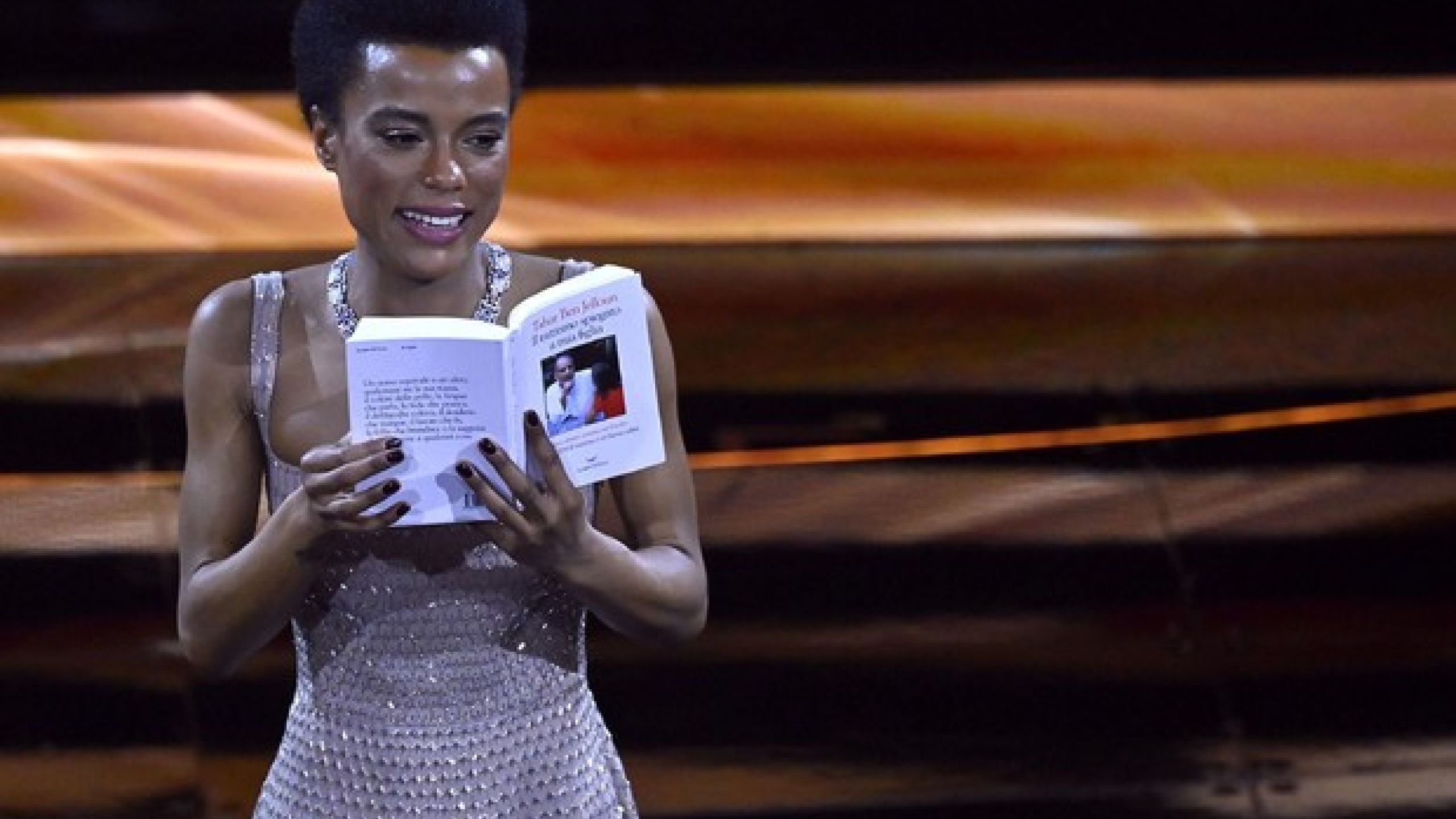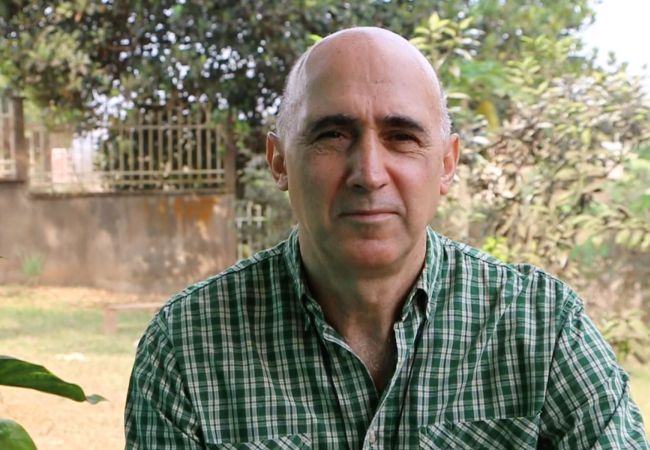In occasione del tradizionale Festival della Canzone di Sanremo 2022, la conduttrice Lorena Cesarini, dal palco, ha letto un testo tratto dal libro "Il razzismo spiegato a mia figlia", scritto da Tahar Ben Jelloun, scrittore franco-marocchino. Il romanzo - scritto in forma di dialogo domanda-risposta tra la figlia e suo padre – è stato pubblicato nel 1998. Lorena Cesarini è una giovane attrice romana, nata a Dakar (Senegal) e cresciuta a Roma. Ha portato la sua esperienza “di ragazza italiana e nera”:
'Babbo: che cos’è il razzismo?' chiede la figlia. E lui risponde: 'È un comportamento distribuito in tutte le società tanto da diventare, ahimè, banale. Consiste nel manifestare diffidenza e poi disprezzo per le persone che hanno caratteristiche fisiche e culturali diverse dalle nostre'. Allora la figlia chiede: 'Quindi anche io potrei essere razzista, se è così diffuso?'. 'No, un bambino non nasce con il razzismo nella testa, tutto dipende dall’educazione: a scuola e a casa. Il razzismo crede che lo straniero appartenga ad una razza inferiore ma ha completamente torto. Il razzismo non ha alcuna base scientifica, esiste un solo genere umano nel quale ci sono uomini, donne, persone di colore, di alta statura, o bassi, con attitudini differenti e varie. Tutti gli uomini e le donne del pianeta hanno nelle vene sangue della stessa tinta, indipendentemente dal colore della pelle, perché un uomo è uguale a un uomo'. 'Babbo, ma i razzisti possono guarire’? 'Ma tu pensi che il razzismo sia una malattia?'. 'Sì, perché non è normale che un uomo disprezzi un altro uomo per il colore della pelle'. La risposta del papà: 'La guarigione dipende da loro, se uno si pone delle domande, se dice: 'Può darsi che io abbia torto di pensare come penso'. Perché quando uno riesce ad uscire dalle proprie convinzioni va verso la libertà".
Racism explained to my daughter
During the traditional "Festival della Canzone di Sanremo 2022" the host, Miss Lorena Cesarini, read on stage a text taken from the book Racism Explained to my Daughter by Tahar Ben Jelloun, a French-Moroccan writer. This novel, composed in the form of a dialogue between a daughter and her father, was published in 1998. Lorena Cesarini is a young Roman actress. Born in Dakar (Senegal), she has grown up in Rome. She shared her own experience as “Italian and black girl”:
“Daddy, what is racism?”, asks the daughter. And he answers: “Racism is a common phenomenon that occurs in every society. Unfortunately, it has become quite common in certain countries, where it exists without anyone even thinking about it. It consists of being mistrustful of people, even looking down on those who have physical and cultural characteristics different from your own.”
Then the daughter asks: “If it’s universal, could I be racist?”
“Well, children aren’t usually racist by nature. No one is born racist. If your parents or the people around you don’t put racist ideas in your head, there’s no reason you should become so. Racism believes that foreigners belong to an inferior race, but this is completely wrong. Racism has no basis in science, for there is only one human race that consists of men, women, people with different skin colours, tall or short, with different and various attitudes. All men and women on the planet have blood with the same colour in their veins, no matter what colour is their skin, because all men are equal.”
“Daddy, can racists heal from their disease?”
“Do you think that racism is a sort of disease?”
“Yes, because it is not normal that one man despises another man for the colour of his skin”.
The father’s answer: “Being healed depends on them, on questioning themselves, on saying ‘Maybe I’m wrong when I think in this way.’ Because when one is able to get out from his own convictions, one goes towards freedom.”
Link &
Download
Accedi qui con il tuo nome utente e password per visualizzare e scaricare i file riservati.





